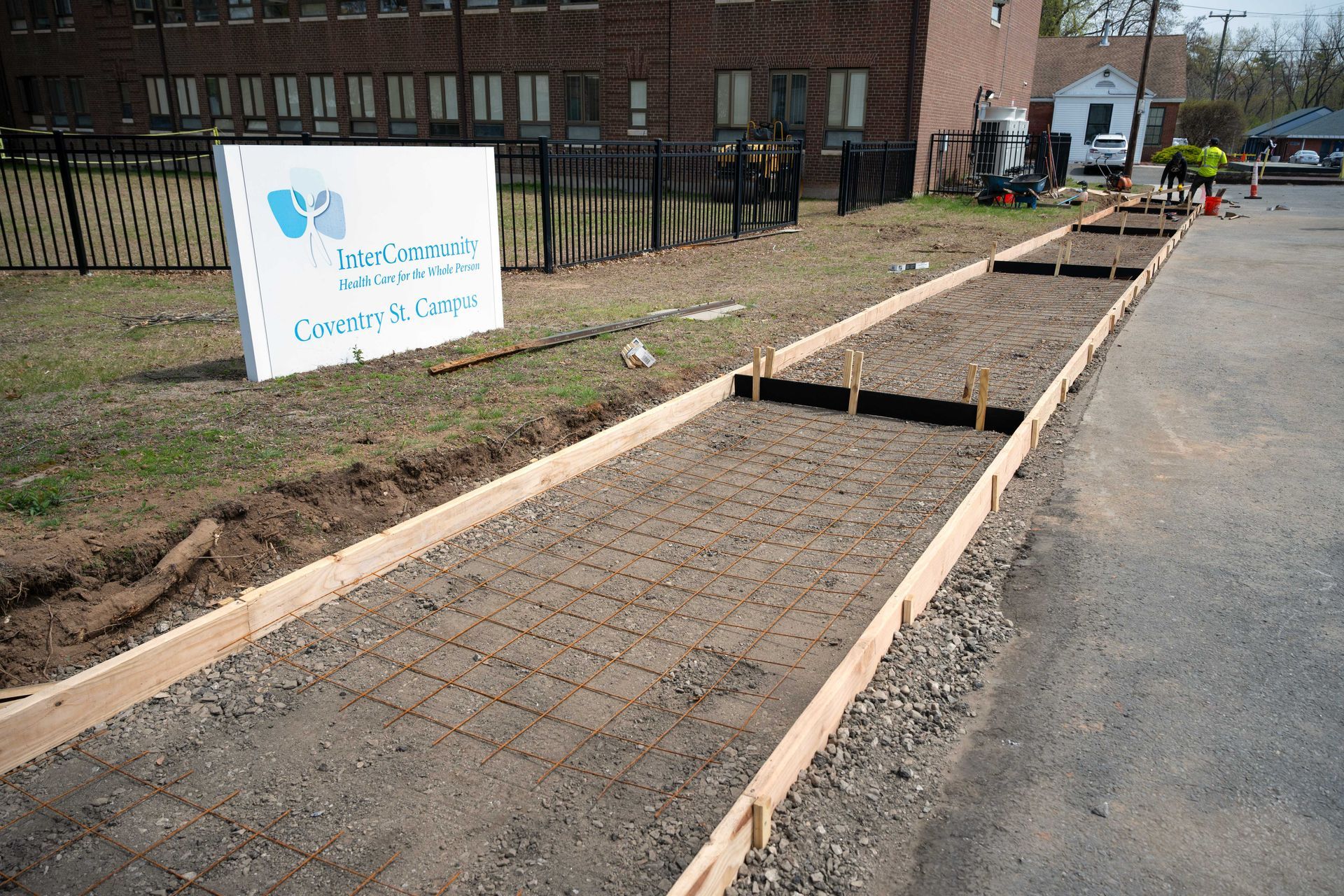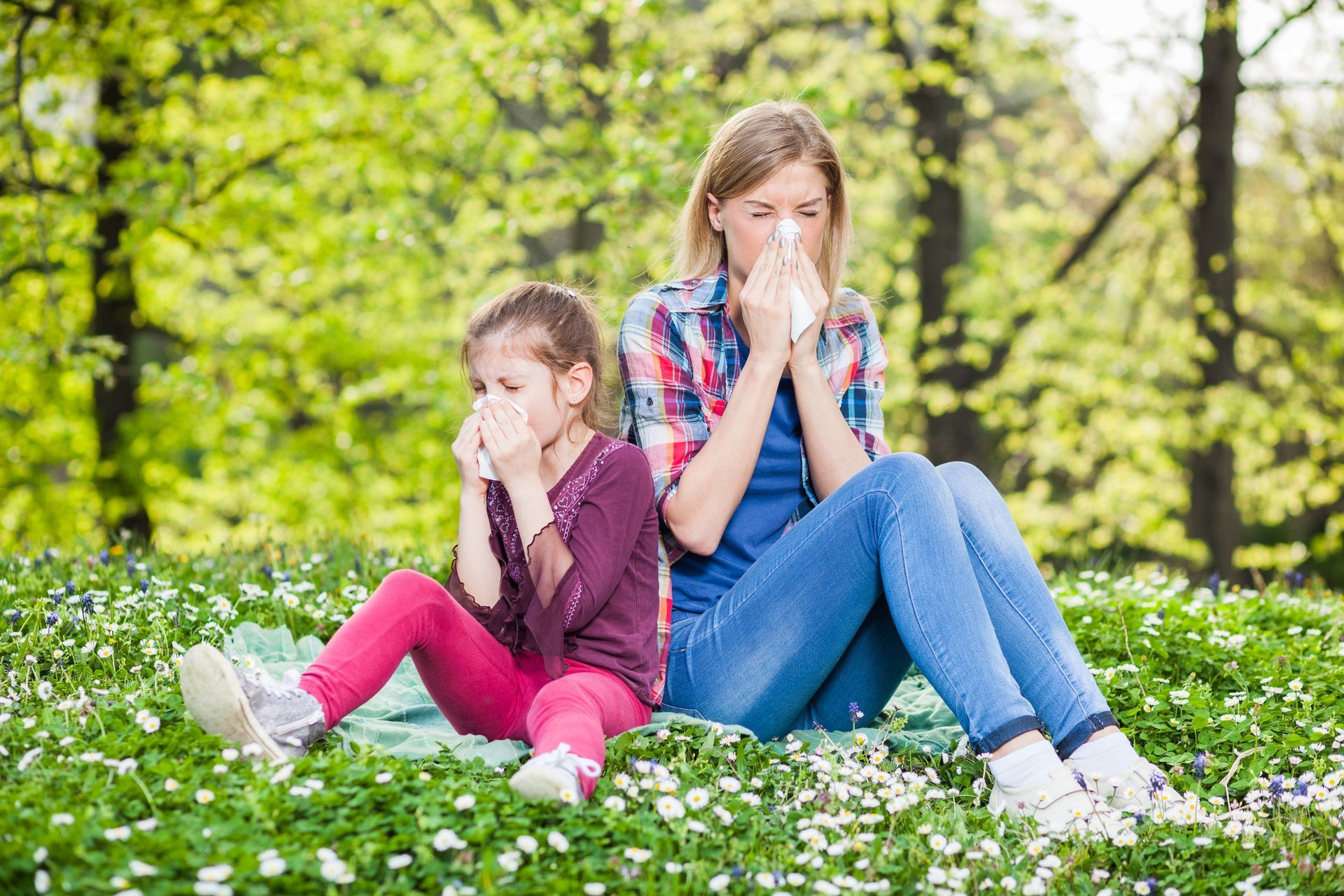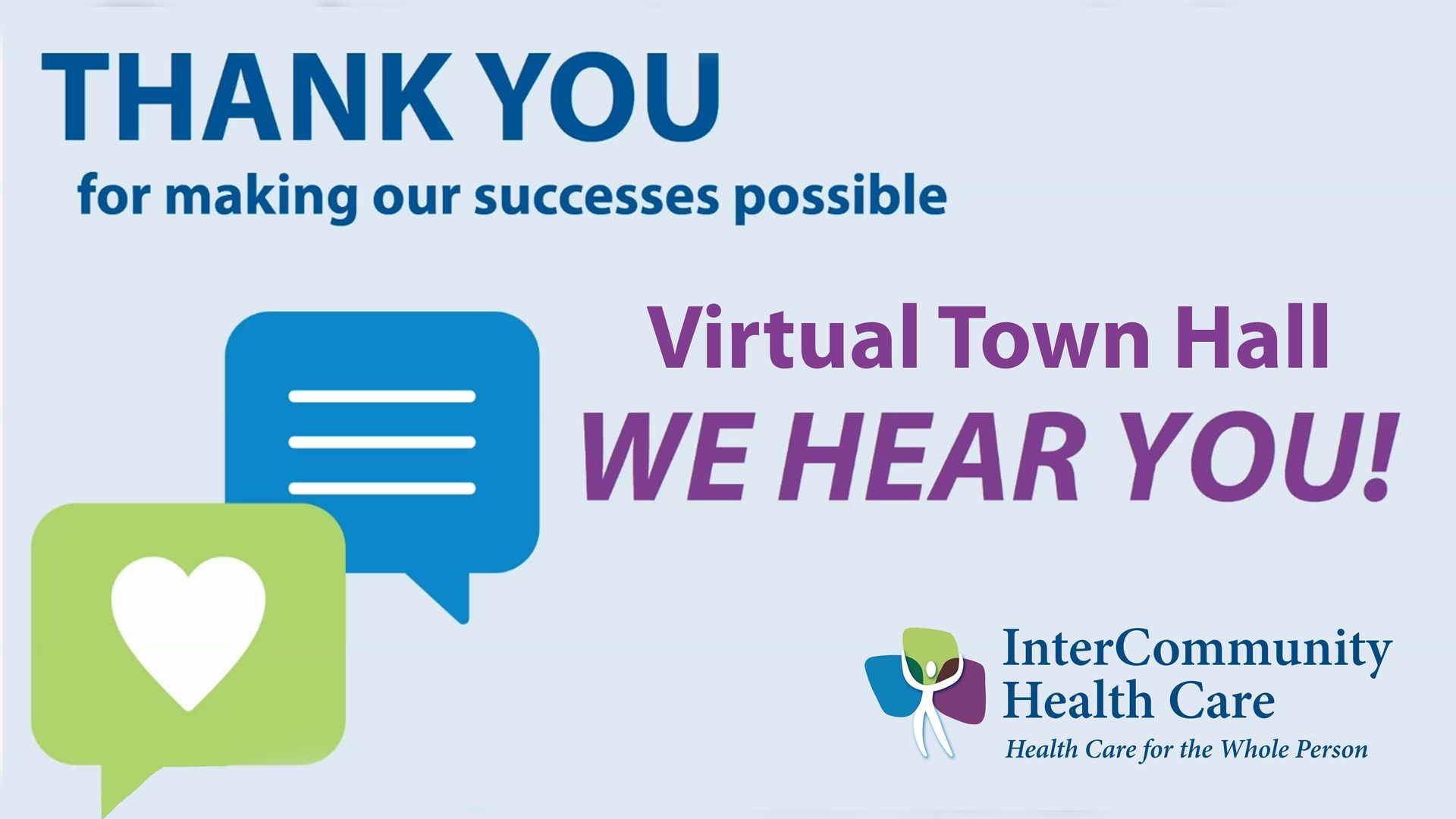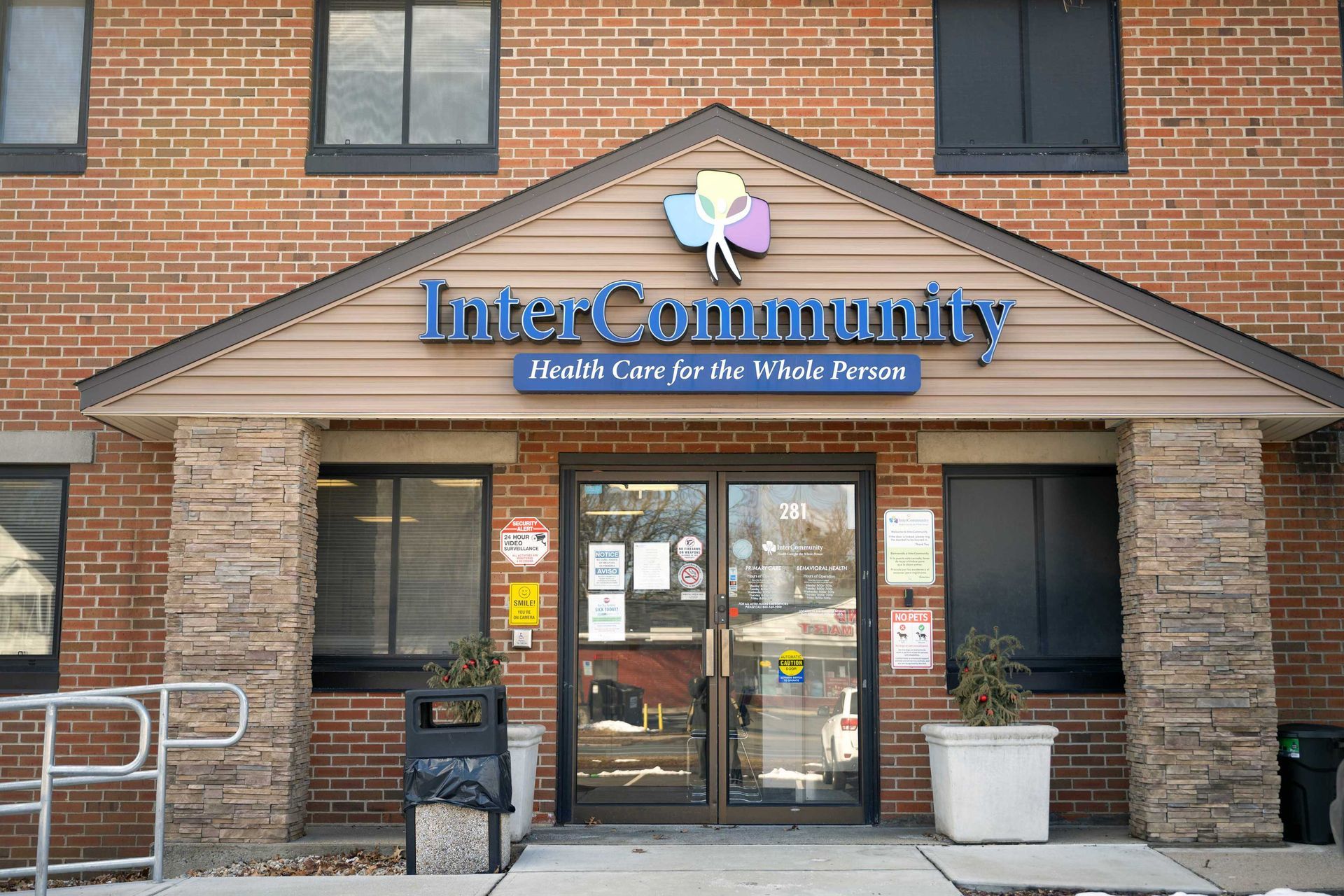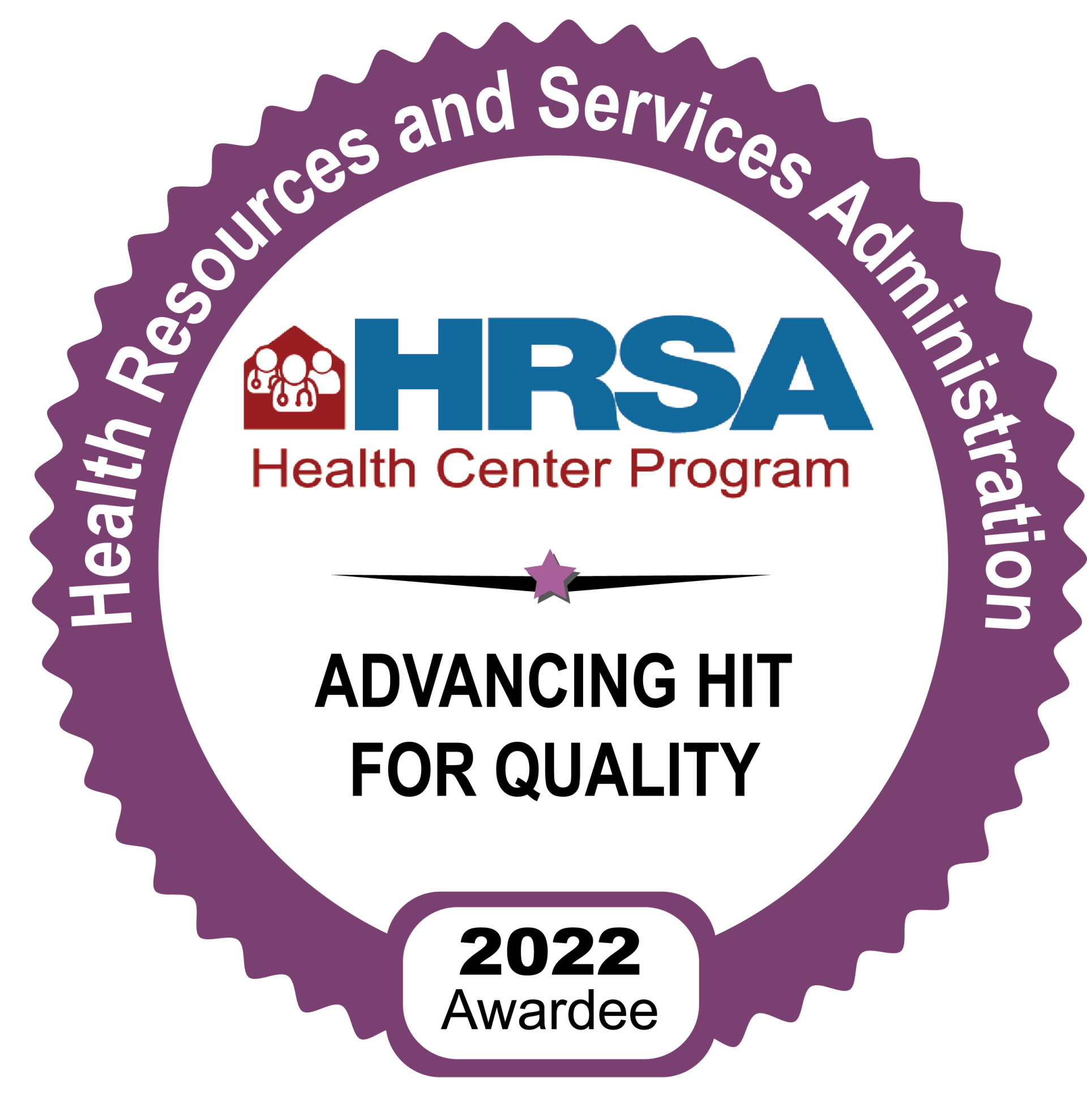Supporting Mental Health of Children and Teens
May is National Mental Health Awareness Month, a campaign to raise awareness of trauma and the impact it can have on the physical, emotional, and mental well-being of children, families, and communities. Even before the pandemic, symptoms of anxiety, depression, and other mental health disorders were increasing among youth, and disruptions in everyday life have caused long-standing stress among children and adults.
Family members and caregivers can play an important role in supporting the mental health of children and teens. Recommendations include the following:
- Take care of your own mental and physical health. Be a positive role model by getting enough sleep and exercise, managing stress, eating healthy meals, maintaining routines, and staying connected with family and friends.
- Help young people develop strong, stable relationships with supportive adults and healthy social relationships with their peers. It’s important to spend time with youth on activities that are meaningful to them and encourage open communication. Be present, and let your child know you’re willing to listen without interrupting or lecturing. Connect youth with other adults who can serve as mentors, and encourage them to ask for help when they need it. Try to minimize negative influences and behaviors by talking to young people early about the risks of using drugs and alcohol.
- Do your best to provide youth with a supportive, safe, and stable environment. Maintain a regular and predictable schedule as much as possible and try to minimize children’s exposure to violence. Be attentive to how they spend their time online. Cyberbullying and online predators are common and real dangers that can contribute to poor self-esteem and risky behaviors.
- Look for warning signs of psychological distress and get professional help when needed. Signs and symptoms that your child’s mental health is suffering may include mood changes, social withdrawal, persistent problems in school, at home and with peers, changes in sleep or appetite, use of alcohol, tobacco and other drugs, self-destructive and risky behavior, and thoughts of self-harm or death. Minimize access to means of self-harm, such as access to firearms or prescription drugs.
Contact InterCommunity Health Center’s Children’s Services for help at 860-569-5900.
The post Supporting Mental Health of Children and Teens appeared first on InterCommunity.






